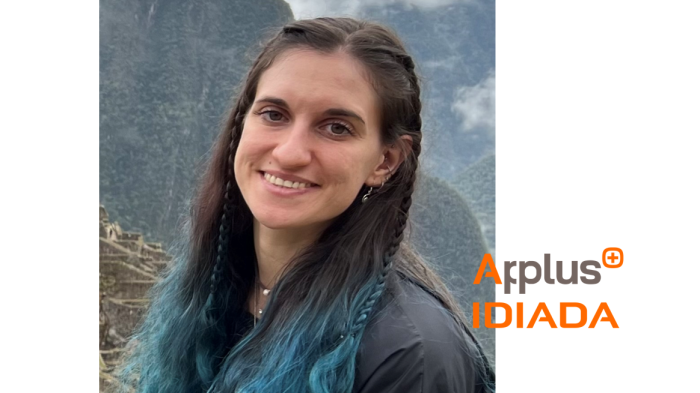Hello all, I am Mireia from IDIADA.
I am an Industrial Technology Engineer with energy specialization, and I completed my studies, both bachelor’s degree and master’s degree, at the Polytechnic University of Catalonia (UPC) in Barcelona.
My professional career started in the Nuclear services analyzing components and systems and their ageing management, followed by Installation projects with the calculation and design of photovoltaics systems and plants, and currently I am on my way through the Automotive industry in IDIADA, where I joined the InnoBMS project.
What was your original motivation to become a researcher/project manager?
I have always been a curious person who likes to understand how things work and how to solve different problems, that is why I chose to study engineering, as it combines research, design and problem solving.
What is your (main) research area today?
Currently I am dedicated to the innovation projects at IDIADA, which includes European projects and internal projects related to any new technology or system.
What is the main focus of your team in InnoBMS?
IDIADA’s participation in the InnoBMS consists of the development of a state estimator on the edge, which based on experimental data and the model cell will be able to determine the state of health (SOH), charge (SOC) and power (SOP).
Could you describe your favorite moment/satisfaction when working for the project and – more in general – for your organisation?
For me the most satisfying on this project is that allows you to work with other people and from other countries so you can learn from them and from their knowledge, and that also, I think is an important part for IDIADA since helps to connect with new partners and get to know your work.
How do you expect InnoBMS results will affect your organisation and the battery sector?
A part from the connections with other partners and companies and the possibility of continuing with future projects related to the InnoBMS, I think this project could help to achieve a deeper knowledge on how the batteries behave and that could lead to safety improvements and more accurate simulations.


